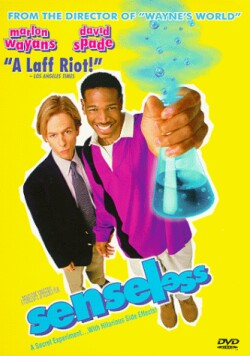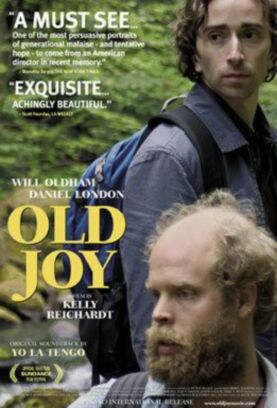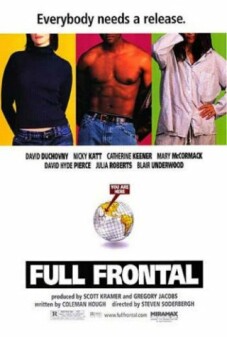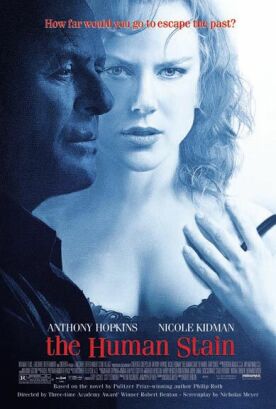Full Monty, The
Britain may be the only country in the world where it is still possible to
make movies which glorify and romanticize and sentimentalize an old-fashioned
view of masculinity—and have it come off looking progressive. Last spring
we had Brassed Off which traded off its romantic notions of a stag-line
of Yorkshire coal-miners down t’pit or
in t’pub or
playin’ in
t’brass band against a virulent
anti-Thatcherism (the lads never liked
“that
woman” ) which made such retrograde
stuff OK. But now The Full Monty gives us romantic notions of Yorkshire
steel workers at t’mill (or, more
accurately, not at t’mill), down
t’pub and working
t’strip show without so much as a
political moment to make it all OK. All right! They
don’t even have to abuse Mrs Thatcher
for taking away their jobs in order to make us feel all nostalgic and
sentimental about working class manhood, scarcely changed since D.H. Lawrence
made it fashionable 85 years ago.
It should be noted, however, in case you care about the fact, that the title
is a lie. The “full
monty,” a term derived from the
prostitute’s tariff for her most
expensive service, refers in the picture to full-frontal male nudity. Six
unemployed steel workers in Sheffield—Gary, or Gaz (Robert Carlyle),
Gerald (Tom Wilkinson), Dave (Mark Addy), Lomper (Steve Huison), Horse (Paul
Barber) and Guy (Hugo Speer)—see a theatre-full of the local lasses going
nuts over some Chippendales dancers and decide in desperation to turn to
stripping to make some money. You can pretty much guess the comical
misadventures they encounter on the way to putting on their show. But in the end
we don’t get the full monty. The
fictitious audience does, but the scene is shot from the back so we only see the
lads’ not-very attractive
backsides.
The irritating thing about a film like this is that it so effortlessly pulls
all the right levers to produce wholly predictable emotional responses. This
would be OK if it were at a funeral, where
you’re only supposed to have one
response, but in a movie you can’t
help feeling a bit hemmed in and strait-jacketed by the
film-makers’ overdetermination as to
where your emotions are meant to go. The poor unemployed men of the Sheffield
steel works respond to their predicament by divorcing and turning to crime
(Gaz), by lying to their wives (Gerald), or by becoming impotent (Dave) or
suicidal (Lomper). In addition, Gaz has a young son called Nathan (William
Snape), whom his bitch of an ex-wife, Mand (Emily Woof), is threatening to
prevent him from even visiting unless he can come up with
£750 in support money.
Obviously, our sympathies are engaged—but they are such obvious
sympathies that it is easy to overlook the fact that these men do not at all
have to strip to put food on the table. They could, for instance, take a job in
the packing department of Mand’s
textile mill for £2.50 (about $4.00)
an hour, a job at which Gaz turns up his finicky nose. Similarly, Dave considers
it some kind of shame to take a job as a security guard in a discount department
store—though not, of course, to show off his
“wedding
tackle” to hundreds of screaming
women. I came to this film with a good will, and with a pre-conceived sympathy
for Gaz’s lament that soon men (as
traditionally understood) will no longer exist, except in zoos. But, in spite of
quite a few good jokes, I ended up thinking that the
film’s romanticism about British
working class machismo can only make that kind of manhood less, rather than more
likely to survive. Gaz and his mates are already in the zoo, and
that’s apparently where they like
it.
Discover more from James Bowman
Subscribe to get the latest posts to your email.





